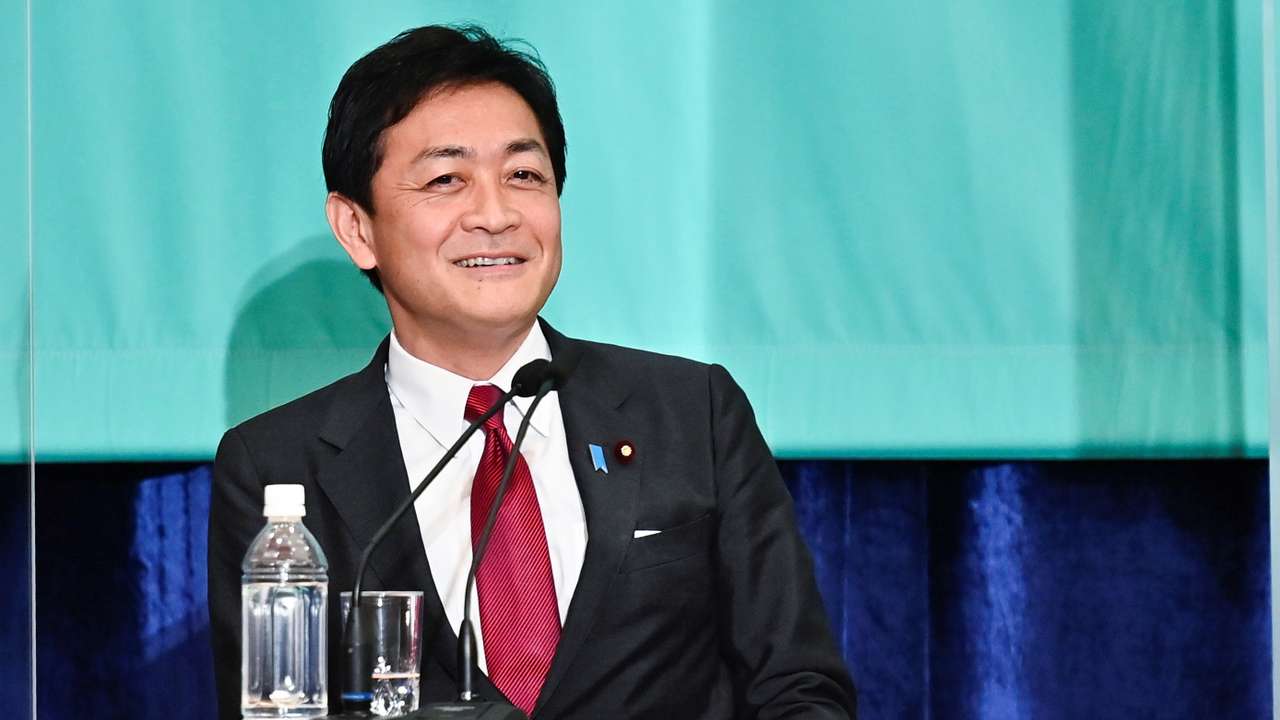Japan's kingmaker opposition warns against early BOJ rate hike

By Leika Kihara
The Bank of Japan should avoid overhauling its ultra-loose monetary policy now, the head of a kingmaker opposition party said on Tuesday, a sign the ruling coalition's devastating loss in a weekend election was complicating its rate hike plan.
With the make-up of Japan's future government in flux, the political uncertainty may force the BOJ to put off raising interest rates at least for the rest of 2024, some analysts say.
Yuichiro Tamaki, head of the opposition Democratic Party for the People (DPP), said policymakers must focus on whether real wages turn positive when setting fiscal and monetary policy.
"Real wages turned negative in August and are still at a standstill. Japan's economy is at a critical juncture, so the BOJ should avoid making big policy changes now," Tamaki told a press conference.
"Once there is certainty that real wages will exceed 4% at next year's spring wage negotiations, that's when the BOJ can review monetary policy," he said.
The remark by Tamaki, whose party has emerged as a kingmaker after the ruling coalition lost its majority in a weekend election, underscores the challenge the BOJ faces in steering an exit from ultra-loose monetary policy.
Japan's largest labour union group has pledged to seek wage hikes of at least 5% in 2025, similar to this year's hefty rise, although economists doubt that another such bump is realistic.
The BOJ is widely expected to hold short-term rates at 0.25% at Thursday's policy meeting but signal its resolve to keep hiking borrowing costs if Japan makes progress in durably achieving its 2% inflation target.
A slim majority of economists polled by Reuters expect it to forgo a hike this year, though most expect one by March.
Shigeru Ishiba, who became prime minister on Oct. 1 after winning the ruling party's leadership race, has been seen as supporting the BOJ's policy normalisation.
But the ruling coalition's failure to retain a majority in Sunday's lower house elections will likely force Ishiba's Liberal Democratic Party to court smaller opposition parties like the DPP to stay in power.
The DPP saw seats at the lower house quadruple by campaigning to boost real wages and household income, including by cutting tax. It has also criticised the BOJ's efforts to raise rates.
"The rising influence of opposition parties in favour of maintaining easy monetary policy could heighten the chance of a delay in further rate hikes by the BOJ," said former BOJ board member Takahide Kiuchi.
With his political standing weakened by the dismal election outcome, Ishiba himself could become more cautious about an early BOJ rate hike, said Shigeto Nagai, head of Japan economics at Oxford Economics.
"Although we continue to project the BOJ's next rate hike in December, there is a non-negligible risk of some delay," he said.
This article was produced by Reuters news agency. It has not been edited by Global South World.